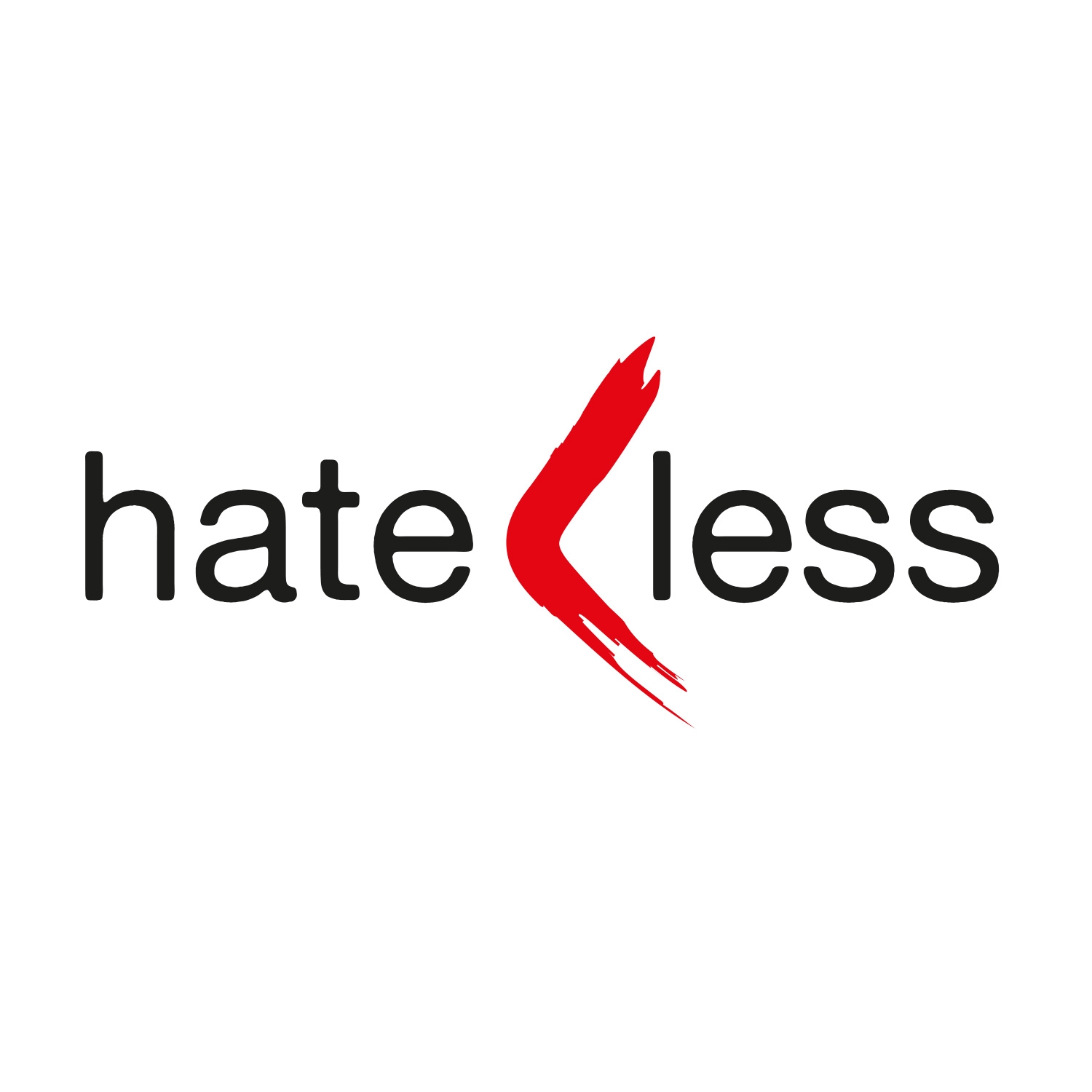



HATE-LESS
About the Project
“HATE-LESS: Harnessing Awareness to End Hate Speech and Disinformation for a MoreDiverse Youth using Media Literacy and Technology” is Erasmus+ strategic partnership 30 months project. Duration from 04/11/2024 till 03/05/2027.
Objectives
-
Combat hate speech and disinformation via media literacy to counter fake news and advocate for diverse migration narratives.
-
Enhance media and digital literacy in youth work, empowering youth to critically analyse hatespeech & disinformation.
-
Mobilise youth workers and organisations for inclusive societies through participatory methods and technology.
-
Strengthen social and civic competencies by promoting fundamental values, mutual respect,intercultural dialogue, and combating discrimination.
Activities
-
Facilitate focus groups with Local Advisory groups to identify further needs.
-
Create methodological guidelines on media methods and tools to tackle hate speech.
-
Create a toolkit on novel activities and know-how to facilitate participatory action research and video production.
-
Material validation during transnational training.
-
Roll-out of material during the training scheme; production of participatory videos.
-
Impact monitoring and reporting.
-
Advocacy campaign and youth manifesto.
Results and Impact
-
Increased understanding of integrating media literacy and participatory methodologies to tackle hate speech and disinformation.
-
Competences and skills of youth workers and youngsters are enhanced based on their participation in a pilot training scheme and the creation of participatory videos.
-
Change in perceptions around media literacy is noticed through robust impact monitoring.
-
Advocacy campaign advocates for the continuous improvement of media literacy in youth work.
HATE-LESS strengthens the connections between policy, research, and practice by integrating them into its core activities. By addressing issues such as hate speech, disinformation, and racism, the project aligns with broader policy objectives focused on social cohesion and inclusion. By conducting focus groups and developing methodological guidelines, research informs practical interventions, ensuring they are evidence-based and targeted. Practical implementation is facilitated through the development of pilot schemes and toolkits, which translate research insights into actionable strategies for youth workers and young people. Furthermore, advocacy campaigns and dissemination activities bridge research findings with policy recommendations, influencing decision-makers and wider audiences, thus reinforcing the link between research, policy, and practice.
This project enhances the quality, innovation, and recognition of youth work through several key mechanisms. Firstly, by providing training to youth workers and young people in media literacy and critical thinking skills, it elevates the standards and effectiveness of youth work practices. Secondly, the project introduces innovative approaches such as participatory video production,fostering creativity and engagement among participants. Lastly, through advocacy campaigns and the dissemination of media outputs, the project raises awareness of the importance of youth work in addressing social issues, thus contributing to its recognition and appreciation at both local and international levels. Overall, these efforts contribute to the advancement and professionalisation of youth work, promoting its value and impact in society.
This carefully designed project aims to create inclusive learning and training environments basedon robust evidence appraisal and methodologies that enhance: the capacities of first responders(youth workers/trainers), the voices of those who did not have the opportunity to actively engagein capacity building (youngsters) and the sense of responsibility of those having privileges andpower (stakeholders and policymakers). In that sense, all project activities aim to bring about acceptance of existing diversity by including all voices through acquiring media literacy skills and participatory action and video production skills. The project advocates for using technologies as inclusive tools when addressing migration topics: digital tools become means for the creation of an inclusive and multicultural community, combating messages of hate, whilst promoting values of active citizenship and democracy.
Partners
- EUROPEAN YOUTH4MEDIA NETWORK EV (Germany) - coordinator
- EESTI PEOPLE TO PEOPLE (Estonia)
- MITRA FRANCE (France)
- Formation et Sensibilisation de Luxembourg (Luxembourg)
- Evolutionary Archetypes Consulting SL (Spain)
- WAVES FOUNDATION FOR GLOBAL EDUCATION (Cyprus)
This project has been funded with support from the European Commission by Erasmus+Programme. This publication reflects the views only of the author and the Commission cannot beheld responsible for any use which may be made of the information contained therein.
